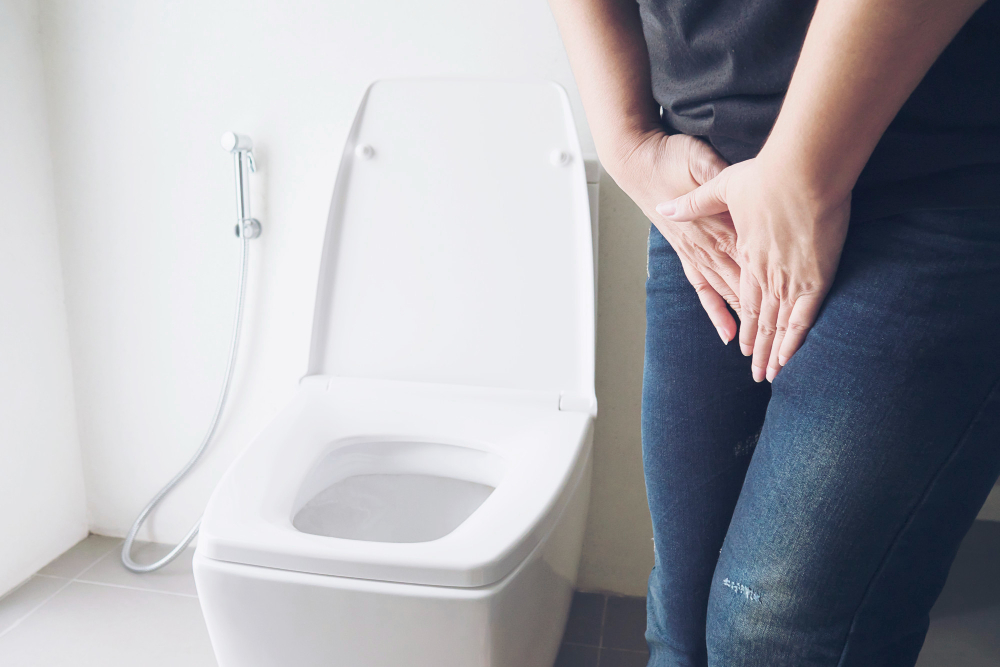What is a Urinary Tract Infection (UTI)?
A urinary tract infection, or UTI, happens when germs enter the urinary system. This system includes the bladder, kidneys, and the tubes that carry urine. Most UTIs affect the bladder. However, they can also reach the kidneys if not treated. UTIs are common, especially in women, but men can get them too. Preventing recurrent urinary tract infections is important for your health and comfort.
Why Do UTIs Recur?
Sometimes, UTIs come back even after treatment. This is called a recurrent UTI. There are several reasons why this happens. For example, some people have a shorter urethra, which makes it easier for germs to enter. Others may not empty their bladder fully. Also, certain health conditions, like diabetes, can raise the risk. Using some types of birth control, like spermicides, may also increase the chance of getting another UTI.
Common Symptoms of UTIs
UTIs can cause several uncomfortable symptoms. Knowing these signs can help you get treatment quickly. Common symptoms include:
If you notice these symptoms, it is important to talk to a doctor.
Proven Prevention Tips from Family Medicine
Family medicine experts share many ways to prevent recurrent UTIs. Here are some proven tips:
Following these UTI prevention tips for women and men can lower your risk. According to the CDC, good hygiene and healthy habits are key steps in how to prevent recurrent UTIs.
When to See a Doctor
Sometimes, home care is not enough. You should see a doctor if:
Early treatment can prevent serious problems. Family medicine advice for UTI prevention often includes regular check-ups if you have frequent infections.
Lifestyle and Hygiene Guidance
Healthy habits can make a big difference. For instance, drinking water throughout the day helps keep your urinary tract clean. Also, avoid holding your urine for long periods. If you use pads or adult diapers, change them often. For women, changing menstrual products regularly is important. In addition, avoid bubble baths and scented products in the genital area. These steps are simple but effective for UTI prevention.
Myths and Facts About UTI Prevention
There are many myths about how to prevent recurrent UTIs. Let’s clear up some facts:
Knowing the facts helps you make better choices for your health.
Conclusion
Preventing recurrent urinary tract infections is possible with the right steps. Good hygiene, healthy habits, and knowing when to see a doctor are important. If you have concerns or frequent UTIs, consult a healthcare provider for personalized advice on preventing recurrent UTIs.

